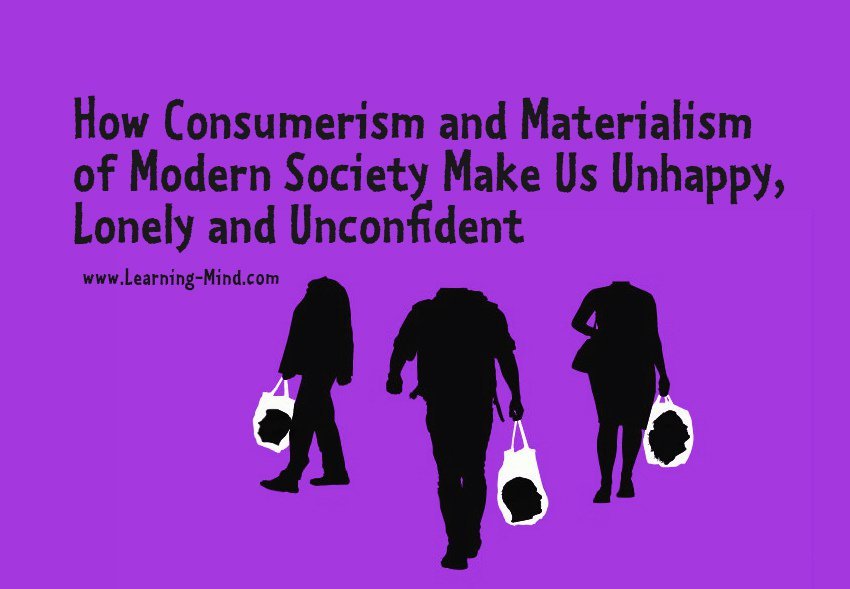
People have been obsessed with buying new stuff everyday without even realizing the fact that they don't even need it sometimes. Everyday millions of people buys billions of resources with trillions of monetary value without thinking about their budget, sometimes just to show off their status. Sometimes people buys stuff subconsciously because they have made it a habit. Consumerism is not evil, rather it is good. But when there's a sudden increase in consumerism, then we need to take a pause and think of it seriously.
So, What is Consumerism, first of all?
As per Google, Consumerism is : increasing the value of consumers by providing them best things available.
Simply speaking, Consumerism deals with consumers rights and protection by advocating that consumers needs to provided with good quality goods at a good price.
By the look of it, consumerism is good, but for a few years there has been a sudden increase in the consumerism which is leading the scarcity of resources and diminishing ecological reserves. Environment is damaging rapidly and the reason is Consumerism.
But How does it affect environment and leading to the scarcity of Ecological resources?
First of all, for a few years with advent of technological evolution and global reach of internet, the overall technology has been improved all over the world. Now every product can be made easily with cheap cost and with less time. This technological improvement has affected us all.
Now we all want new gadgets, things that we can show off, things we can use to make our life easier, things which represent technological advancement, things which we don't even need but we desires heavily.
Take an example of Computers: When computers were launched in 1984, it was for millitary purposes, then after 199o computers has been available to use by common people for some daily tasks like printing, documenting, journalising, etc. But for a few years, with the technology advancement, computers have been changed completely. They have becoming compact day by day. Now, we call them laptop or notebook. Now you can carry it with you anywhere and it can be kept easily in your small briefcase. New features are adding in computers more rapidly. Touch screen, more advanced CPU, enhanced RAM, HD screen, more efficient battery and things like that.

After watching people to use latest technology, we also crave for those things without even realizing the fact that we don't even need it. Now, everyone wants to have latest and more efficient laptop, mobile phone, car, motorbike, LED Tv, Tablets and smart watches. Everyone replaces their old models within one year just after watching a new model with enhanced features, even though they didn't need the new model. But because we have made a habit of it and to show off our status to other people, we buy stuff which we don't need.
Now, the part where consequences follows us.
With rapid buying, we also need the rapid and effective recycling of our old products. Recycling is not effectively available in most of the countries leading to inefficient recycling which leads to environmental damages. Plus more buying means more demand to make those things. To meet that demand, more resources have to be extracted from the nature, so it leads to the scarcity of resources which is not good for anyone. Last I heard, the water contamination is increasing rapidly, and within 50 years we would be buying a bottle of drinking water equal to the cost of fuel. Air pollution has already been on the top for few years.
So, I am pretty sure that rapid Consumerism is leading the real consequences in near future and it has to be controlled asap.
People need to aware the fact that -- Don't buy anything until you need it. Don't buy just for the sake of updating yourself, Don't buy after coming into the influence of other people, Don't buy without realizing the dangers of it, to yourself and the environment as a whole.
Thanks for reading. !!
